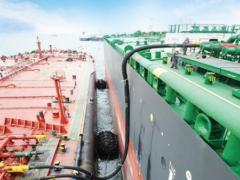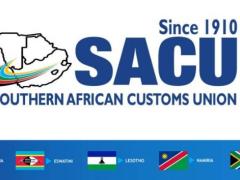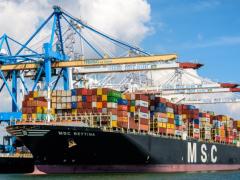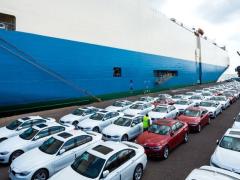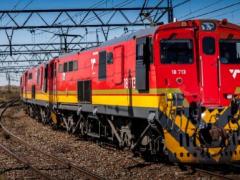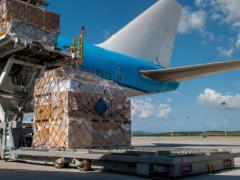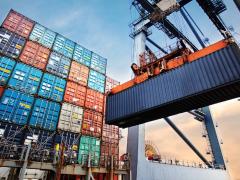The efficiency of border posts must remain a top priority in southern Africa, according to Leslie Mpofu, executive director of the Trans Kalahari Corridor Secretariat (TKCS).Speaking to Freight Newsrecently, Mpofu noted that investment along the Trans Kalahari Corridor (TKC) was on the rise, with infrastructure development receiving renewed focus.“We want to position the TKC as the corridor of choice,” he said. “Reducing delays at border posts, ensuring seamless cargo movement across borders and creating value for all stakeholders are key goals. Ultimately, it’s about making sure that products reach markets efficiently and that stable, predictable trade f lows are maintained.”Achieving this, he said, required greater regional collaboration and harmonised systems between countries.“Botswana and South Africa are currently working on a system for data exchange. Their systems are becoming increasingly aligned, so much so that a Botswana clearing agent can now pull data from South Africa’s system. Of course, challenges remain,” Mpofu said. “They are now developing modules to improve data access speed for Botswana agents. That’s a positive step forward.”He noted that in the past, South Africa’s Protection of Personal Information (POPI) Act had created barriers to accessing critical customs data. “However, ongoing discussions between the countries have begun to address these issues. We’re now seeing real progress toward smoother border processes, improved data sharing and more efficient trade facilitation across the region.”While progress is being made on the systems and policy front, Mpofu acknowledged that operational efficiency was also affected by human behaviour at the borders. “Our drivers are giving us problems in the sense that some choose to deliberately delay,” he said. “They sell their spots in the queues to make money from other drivers. Because of the subsistence allowances, some drivers even prefer to stay longer so they can claim more from the company. These are the kinds of behavioural challenges we’re also working to address.”But, he said, all attempts were being made to address the many challenges affecting the smooth f low of goods. “On the positive side, we continue to see growth along the corridors and we’re also developing new strategies to enhance facilitation.”One such development is the ongoing work on a One-Stop Border Post (OSBP) at Mamuno, situated between Botswana and Namibia. The first phase, which focused on infrastructure and system improvements, was implemented in September last year. Phase 2, which will focus entirely on infrastructure development, is set to begin soon. “The countries have committed to completing the first two stages within 18 months and we’re actively working on that.” According to Mpofu, the goal is to implement fully functional OSBPs at all TKC borders, which will significantly streamline the movement of goods and reduce congestion. LV
Work progressing on an OSBP at Mamuno
Comments | 0



